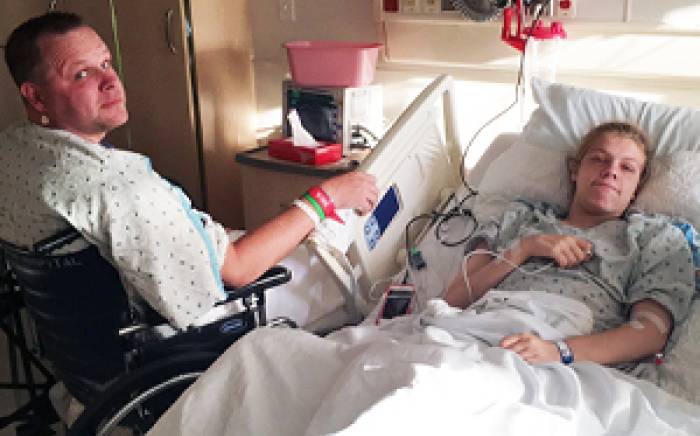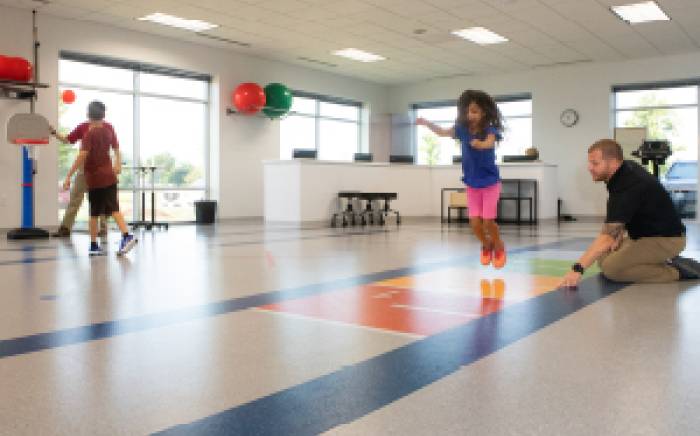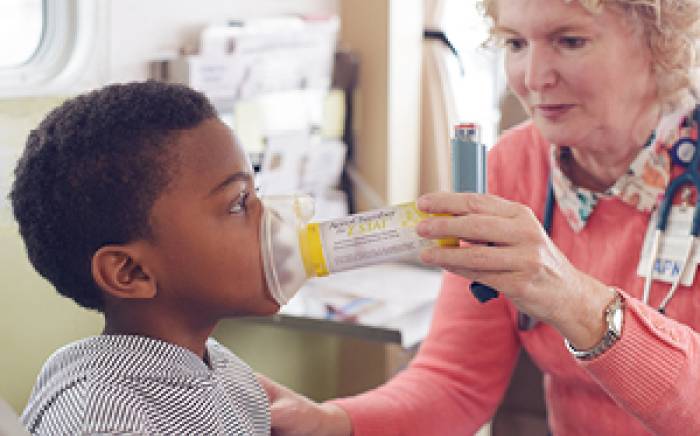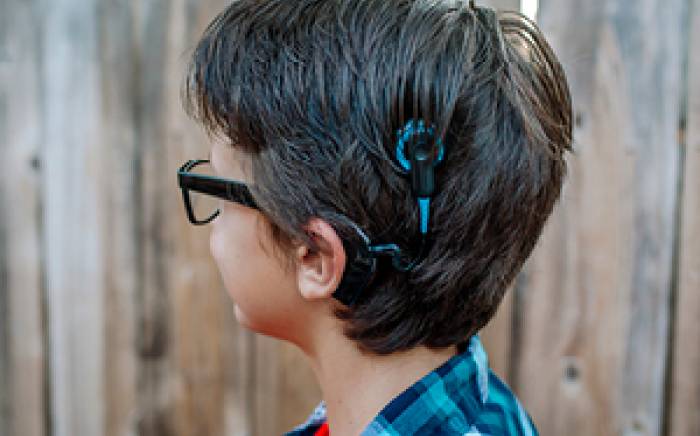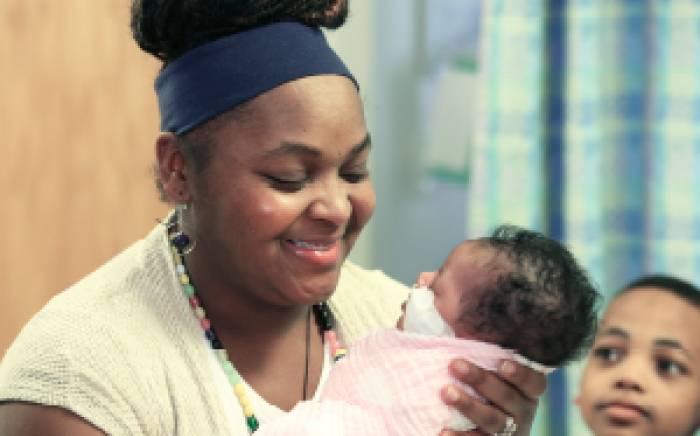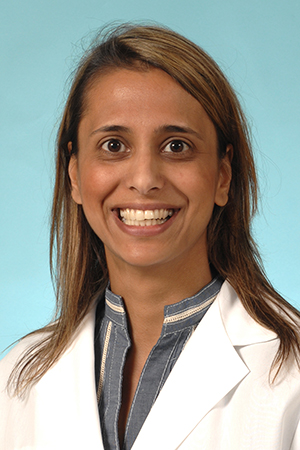 Treating preschool-age children with attention deficit hyperactivity disorder (ADHD) should always begin with comprehensive evaluation, then implementation of behavior strategies and interventions for both home and daycare/preschool. However, there are children for whom medication is needed to control symptoms. Physicians have a choice between prescribing methylphenidates or amphetamines. Which should they choose?
Treating preschool-age children with attention deficit hyperactivity disorder (ADHD) should always begin with comprehensive evaluation, then implementation of behavior strategies and interventions for both home and daycare/preschool. However, there are children for whom medication is needed to control symptoms. Physicians have a choice between prescribing methylphenidates or amphetamines. Which should they choose?
According to Mini Tandon, DO, Washington University child psychiatrist at St. Louis Children’s Hospital, the answer is whichever works best for the patient.
“Amphetamines are approved by the FDA as a treatment for preschool- age children with ADHD, while methylphenidates are not. However, methylphenidates have undergone more extensive research into their efficacy for this age group,” explains Dr. Tandon. “In particular, the randomized, controlled, multi-site Preschool ADHD Treatment Study (PATS; Kollins et al 2006) informed efficacy and side-effect profiles of methylphenidate use in preschoolers with ADHD.”
While physicians may feel more comfortable prescribing amphetamines in preschoolers, it’s how the drug works for each patient that is the important determinant. Dr. Tandon cautions against getting too focused on one class of medication.
“Determining the proper medication for preschoolers with ADHD is very much a trial and error process, which warrants frequent discussion and check-in with caregivers,” she says. “These younger children are more sensitive to drug side effects, and in some cases certain drugs may exacerbate a child’s symptoms rather than lessening them. Therefore, starting with amphetamines is fine, but if they don’t work, a trial of methylphenidate is also appropriate.”
She adds, “Use of longer-acting agents is even less studied, but some children will benefit from the duration.”
Dr. Tandon notes that an ongoing, national shortage of child psychiatrists means community physicians often are solely responsible for treating children with ADHD or treating them in collaboration with pediatric psychiatric or neurology specialists. Being able to recommend community resources that provide behavioral training for parents and children and referring patients to university-based clinical trials specifically for this age group are ways pediatricians and family practitioners can support their families.
“ADHD rarely occurs alone. A comprehensive evaluation is warranted because trauma, anxiety, learning and other psychopathology maybe impacting the child as well,” says Dr. Tandon. “In those cases, referral to a preschool clinic such as the one available through BJC Behavioral Health or at Washington University School of Medicine would provide an in-depth evaluation and treatment plan.”
To learn more about the Child and Adolescent Psychiatry Center at St. Louis Children’s Hospital, call Children’s Direct at 800.678.HELP (4357).


